Give me a couple days to get the new site up and runnin'. I'll try to get it goin quickly. :)
Because I am Catholic has switched to Blogger and has been renamed. The link is youngcatholicauthor.blogspot.com
These are the shoes of Pius VII in 1808 (above).
Flashforward a little over 200 years, and you have the shoes of Pope Emeritus Benedict XVI! Church tradition is so cool. I mean, even the Vati guards have been wearing the same uniform for hundreds of years. They actually kinda remind me of jesters. :P Which probably isn't a good thing seeing that they have to be intimidating.
I found this prayer (below) for the papal conclave on EWTN. :)
Lord God, You are our Eternal Shepherd and Guide. In Your mercy grant Your Church a shepherd who will walk in Your ways and whose watchful care will bring us Your blessing. We ask this through our Lord Jesus Christ, Your Son, who lives and reigns with You and the Holy Spirit, One God, for ever and ever. Amen. Another thing that myself and a bunch of other people did was put all the voting cardinals' names in a box, and take turns drawing names. Whatever names we draw we have to pray for them daily until a pope is elected. :) Girls, enjoy this video and laugh to your hearts content. Boys, listen up and be afraid. This dad is scary. He will smite you. Just kidding! :) Can anyone think of a word that rhymes with "hypostatic union"?!
This is a paper I just finished today on some important events in the life of St. Josemaria Escriva, one of my two patron saints (the second one being Blessed Montserrat Grases, in case you were wondering).
Important Events in the Life of St. Josemaria St. Josemaria was a Spanish priest who lived in the mid-1900s. Coming from hard beginnings, which included the death of several siblings and the downfall of his father’s business, he learned to have a great trust in God. Josemaria went on to do great things for the Church despite threatening circumstances. Three important events in his life were finding the footprints in the snow, founding Opus Dei, and taking refuge during the Spanish Civil War in the mental asylum. Though raised in a God-fearing family, it wasn’t until he was almost sixteen that Josemaria realized that he was being called to the priesthood. When walking one night in sub-zero weather, Josemaria came across a set of footprints in the snow. Upon bending down to examine them, he was amazed to see that the person had been walking barefoot. He found out that the footprints were left by a Carmelite priest, Father Jose Miguel. The priest had gone without shoes as an offering of love to God. This deeply impressed Josemaria. Seeing that sacrifice of comfort made him know in a real way what his vocation was: the priesthood. Josemaria went to the seminary and became a priest, but he still felt that God wanted more from him. He constantly prayed that God would reveal to him what he should do. On October 2, 1928, the feast of the Guardian Angels, he knew. He “saw” that he was to show to the world a new path to holiness: that which is achieved in the ordinary life. At that time, it was commonly believed that holiness was meant only for priests and religious; that holiness is a vocation that only some people are called to. Josemaria was saying that, yes, it was a vocation, but a vocation meant for everyone. If you are a teacher, by teaching you can give God glory. If you are a mother, by caring for your children you give God glory. This way of holiness was called “Opus Dei”, or “Work of God”. During the Spanish Civil War, it was far too dangerous for priests to be seen in the public. Many of them had to take refuge with wealthy dignitaries and businessmen. For about half a year, Josemaria took refuge with one of these men. Dr. Suils was the owner of a mental asylum. He agreed to let Josemaria stay in his clinic disguised as a patient. During the several months that he stayed there, there were several inspections by the Communists. They looked for fascist traitors. If any were found, the Communists would take them away to kill them. Some of the nurses at the asylum were also Communists. Even though this made living there dangerous, it probably saved his life numerous times. Finding the footprints in the snow, founding Opus Dei, and taking refuge in the mental asylum were three important events in St. Josemaria’s life. Finding the footprints in the snow was when he first felt the call to the priesthood. Founding Opus Dei opened up a new way to holiness in the world. And finally, taking refuge in the mental asylum during the Spanish Civil War saved him from almost certain death at the hands of the Communists. Through this man with humble beginnings, God made a great saint for his Church. St. Josemaria, pray for us! Yes, I'm still alive. I've just been busy with... stuff. :P So until I can sit down and write a real post (opposed to posting hysterical pictures I found online), here's ANOTHER blog-post-fill-in that I found! All credit to the genius who came up with it!
As a general rule, I'm not exactly a fan of cats. Cats and I are just not compatible. But if I could find a cat that looks like Tard (above), that would be AWESOME. I mean, just look at him! He's like the ideal 'Mr. Hyde' cat.
|
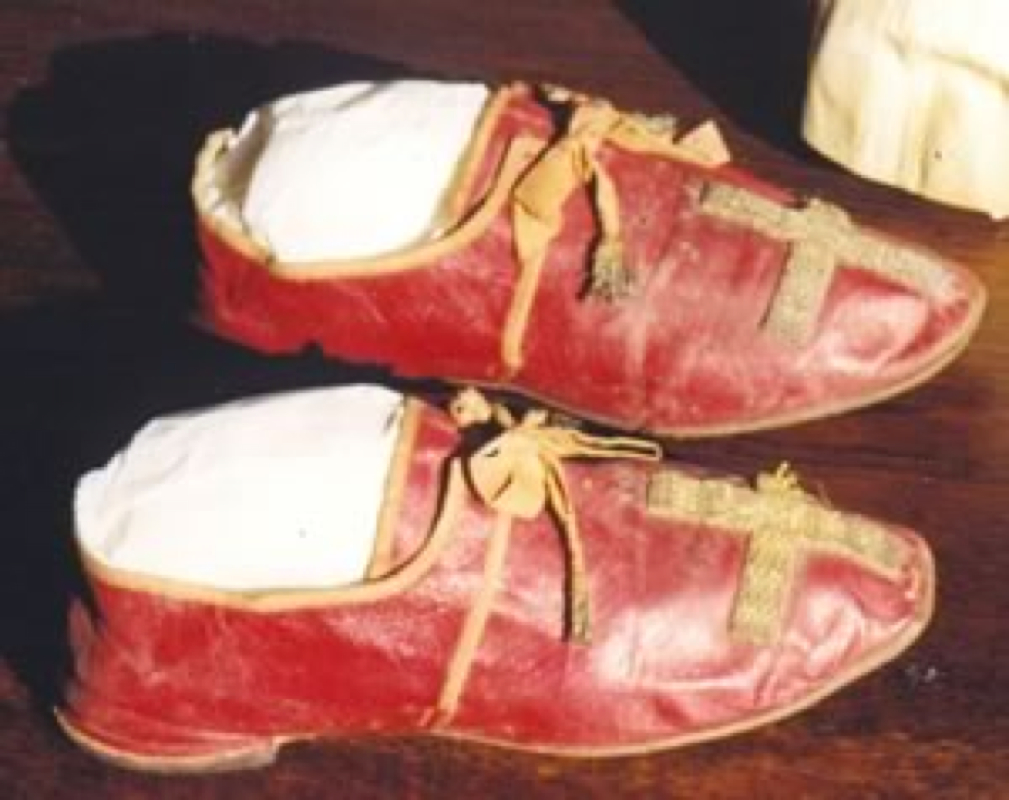
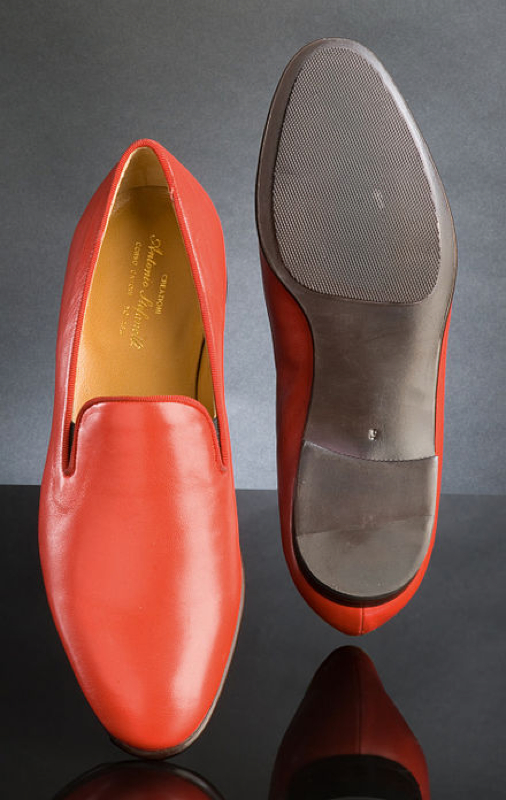
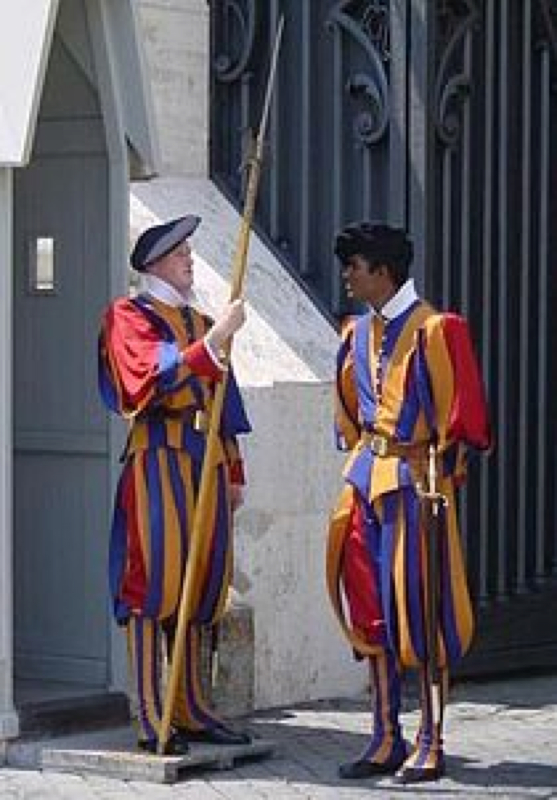
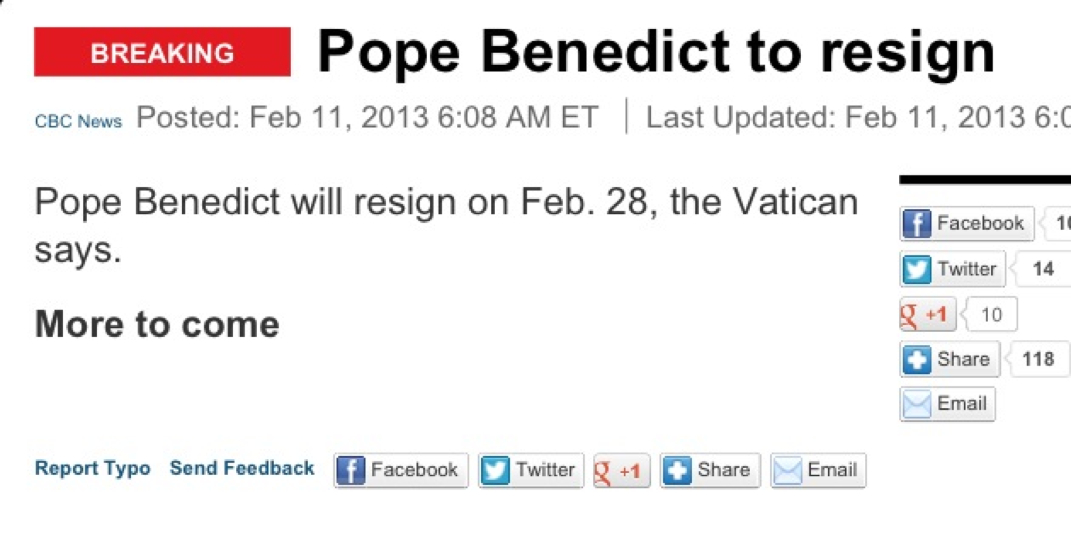
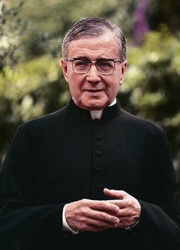
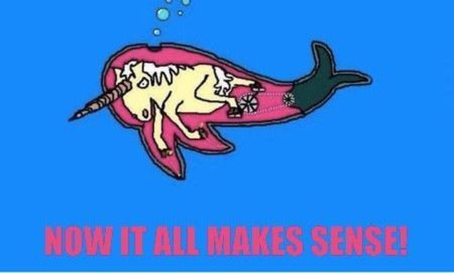

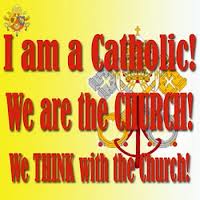
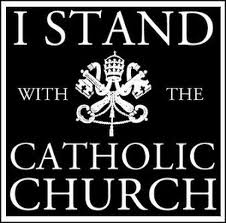
 RSS Feed
RSS Feed